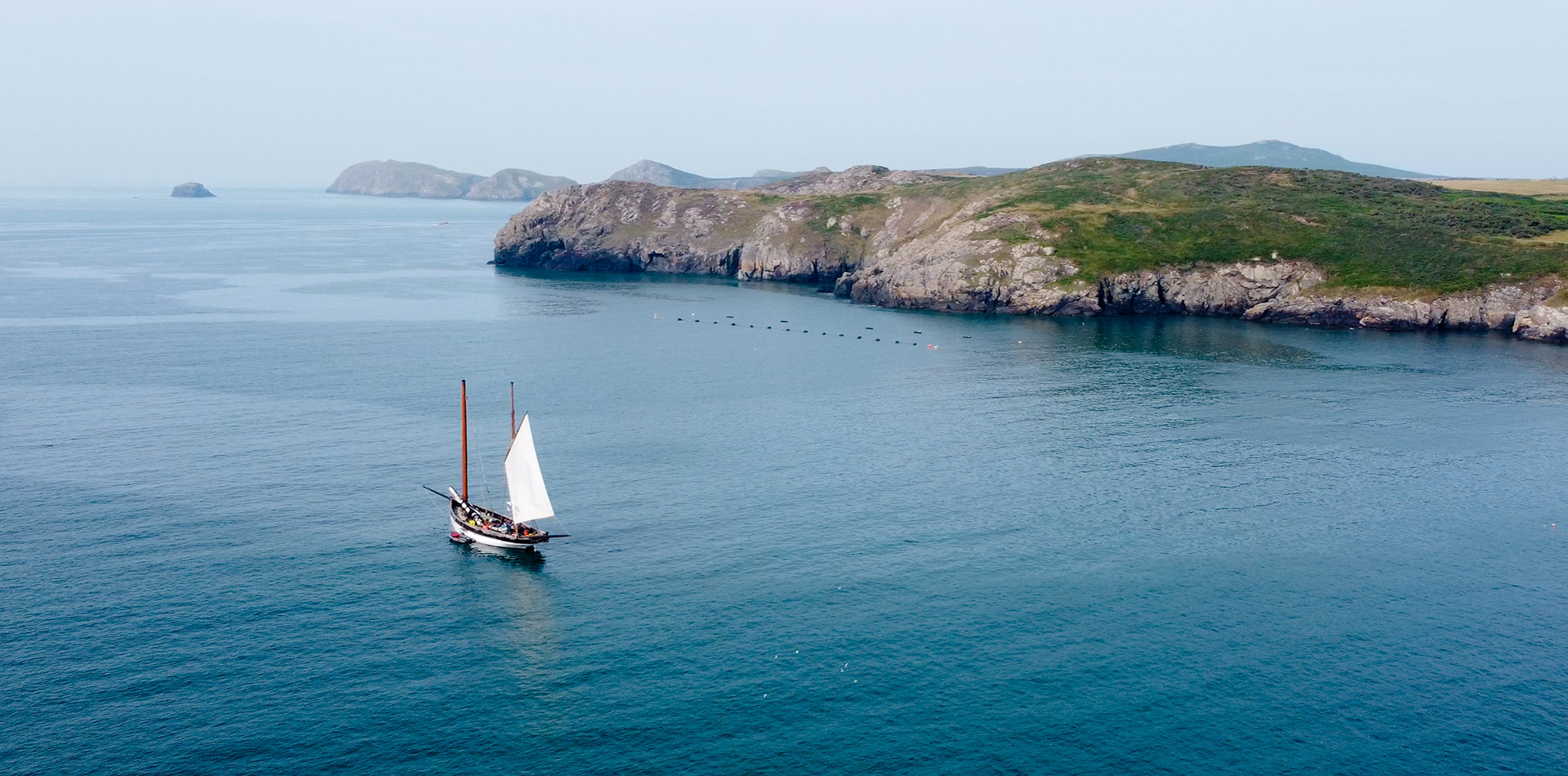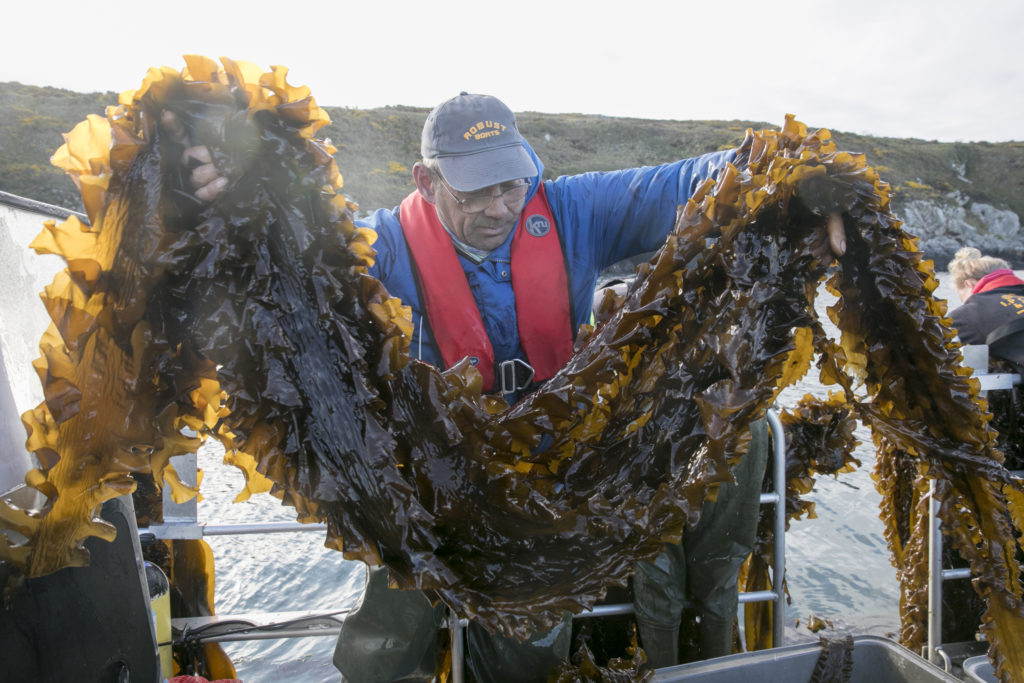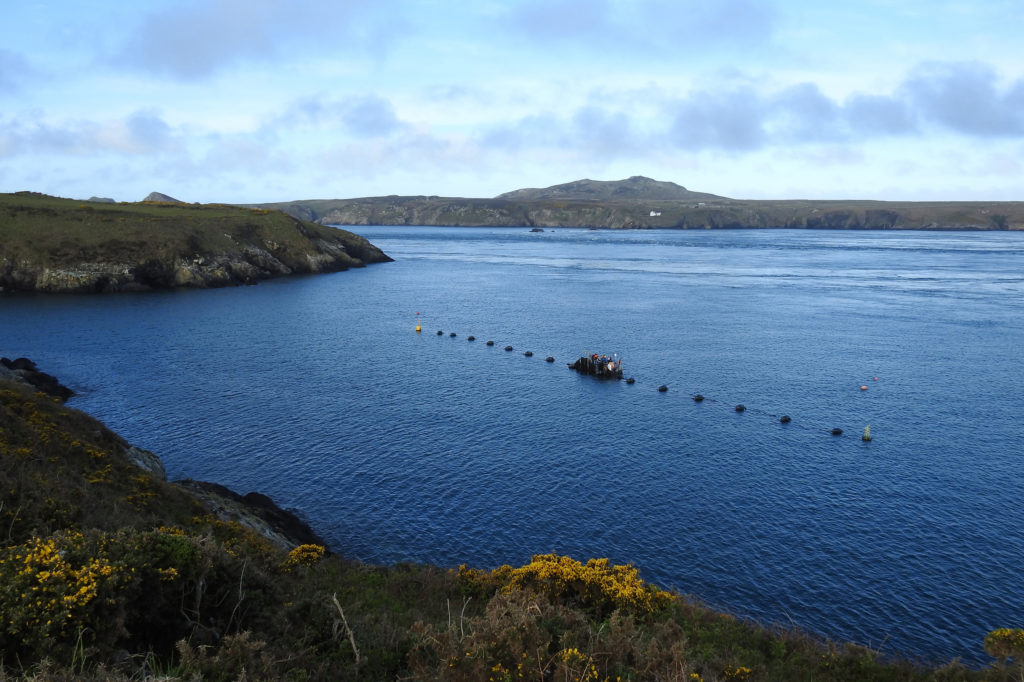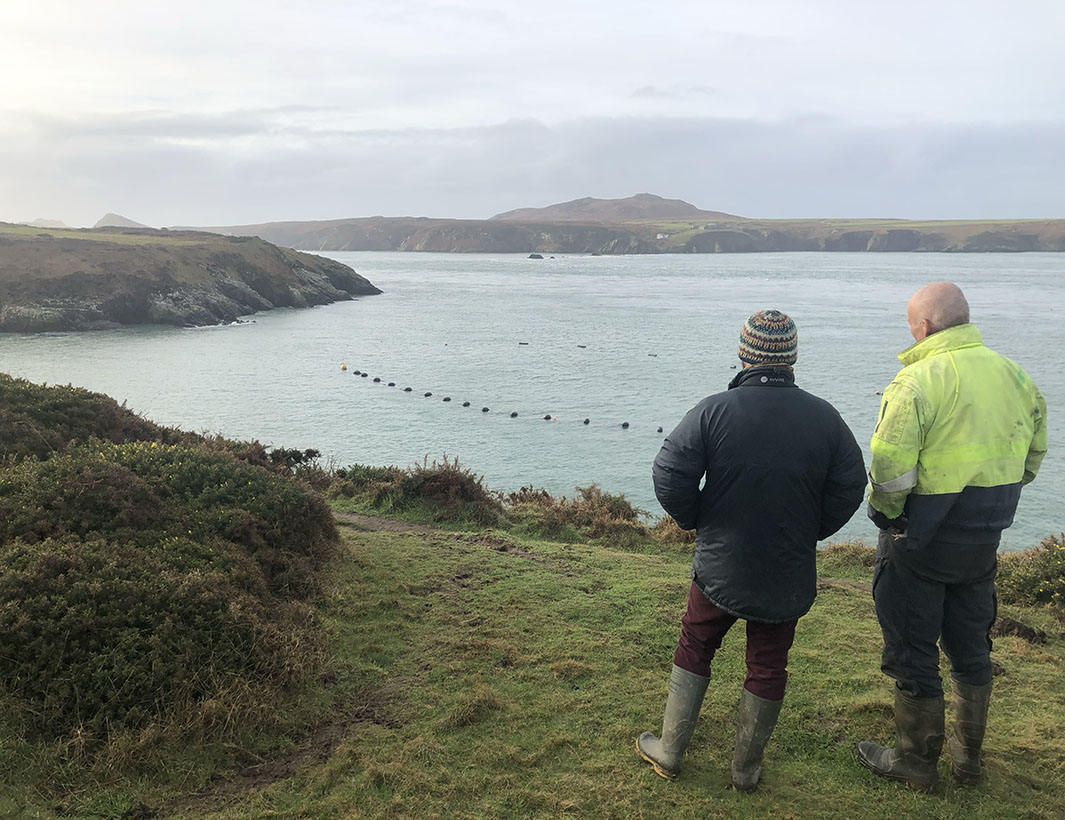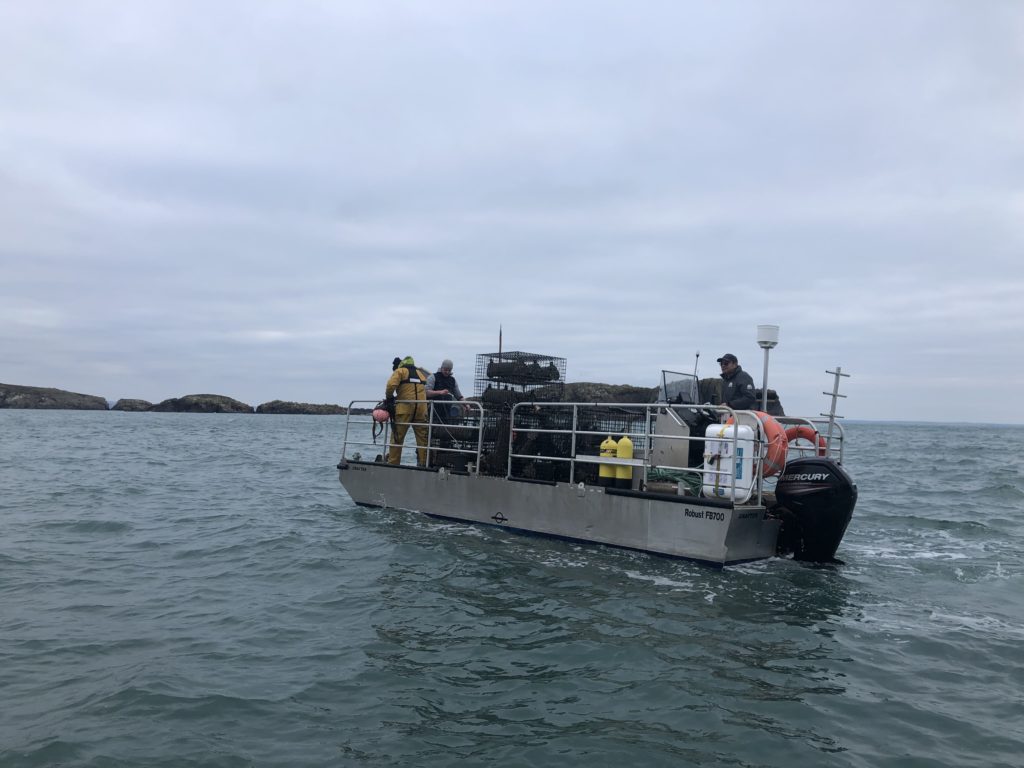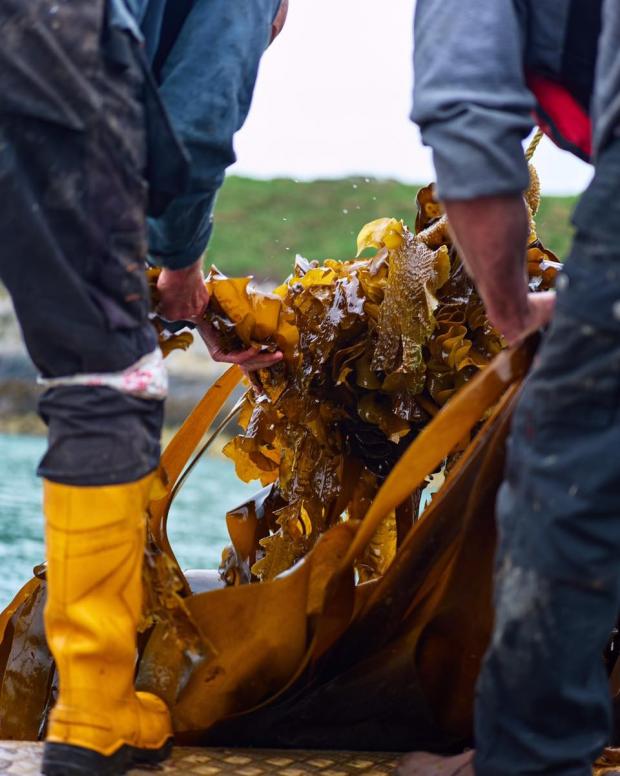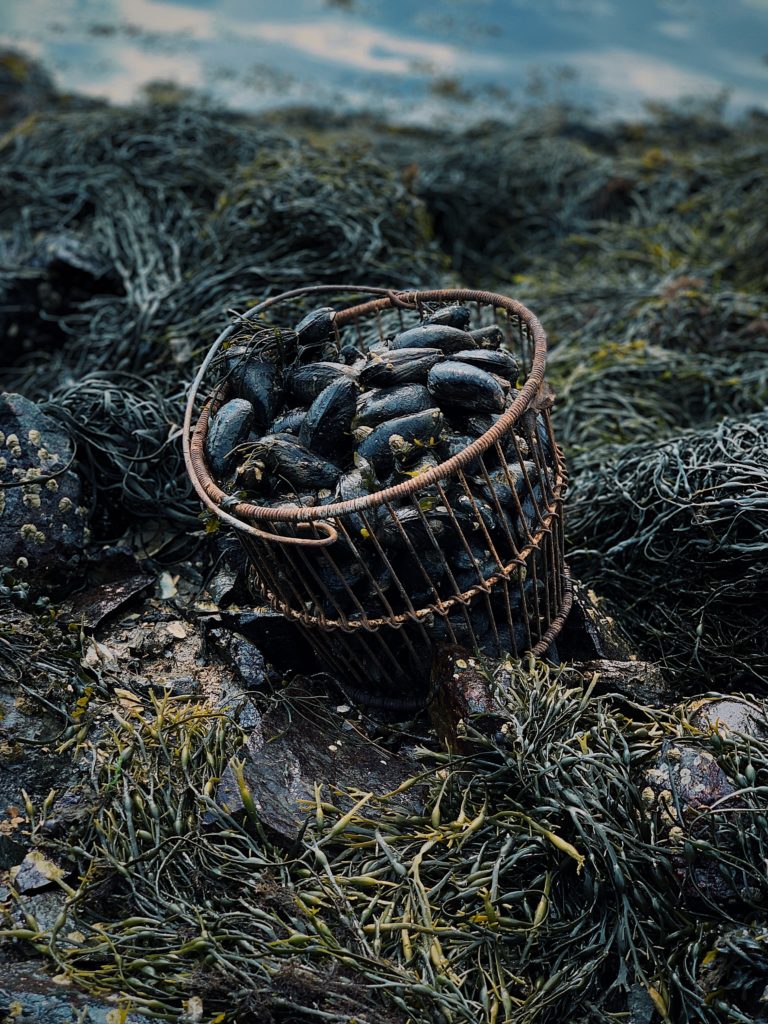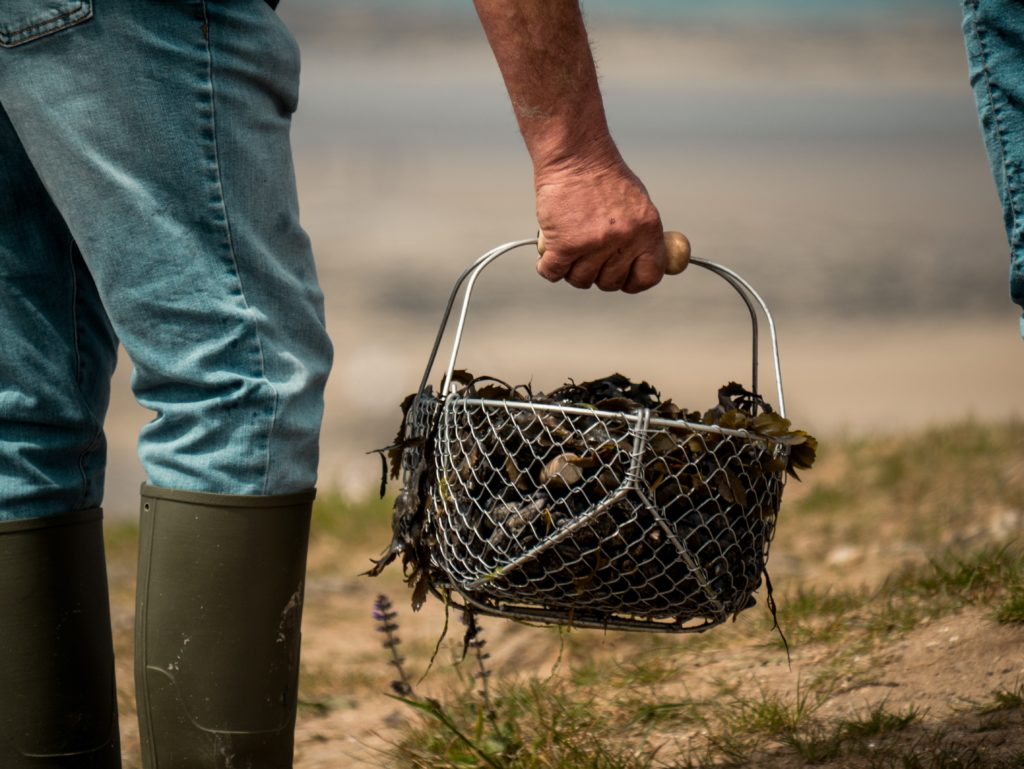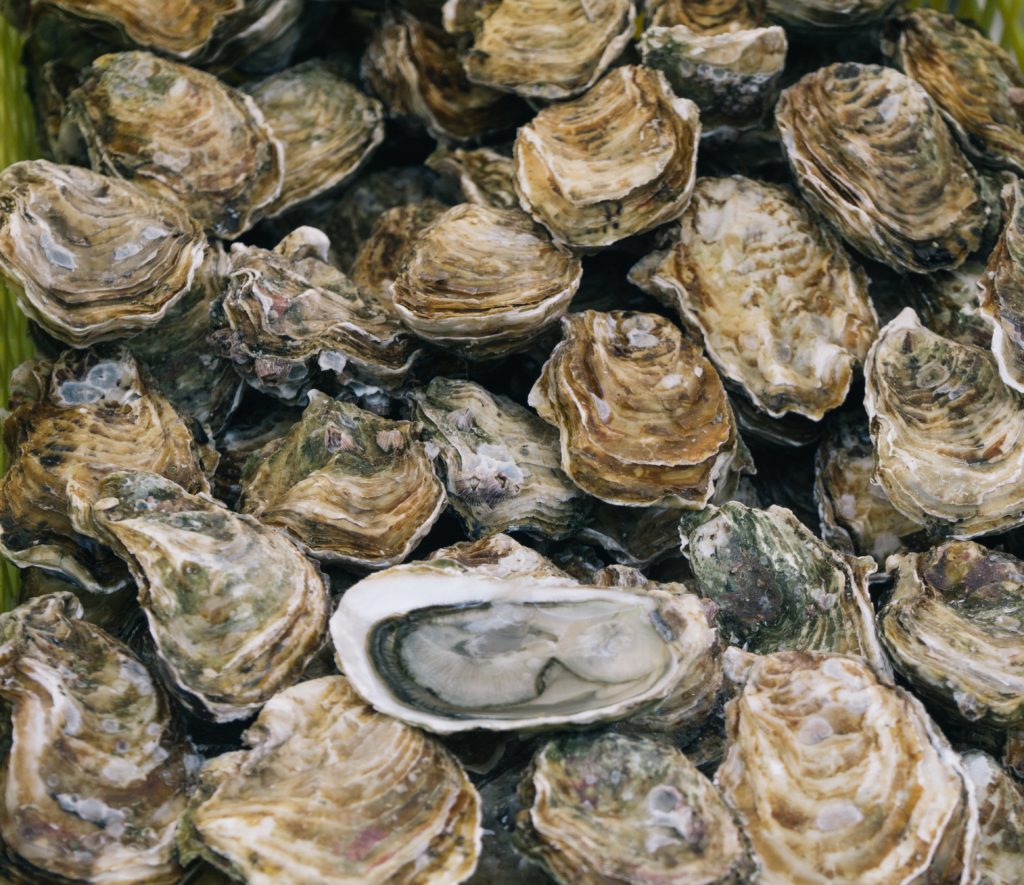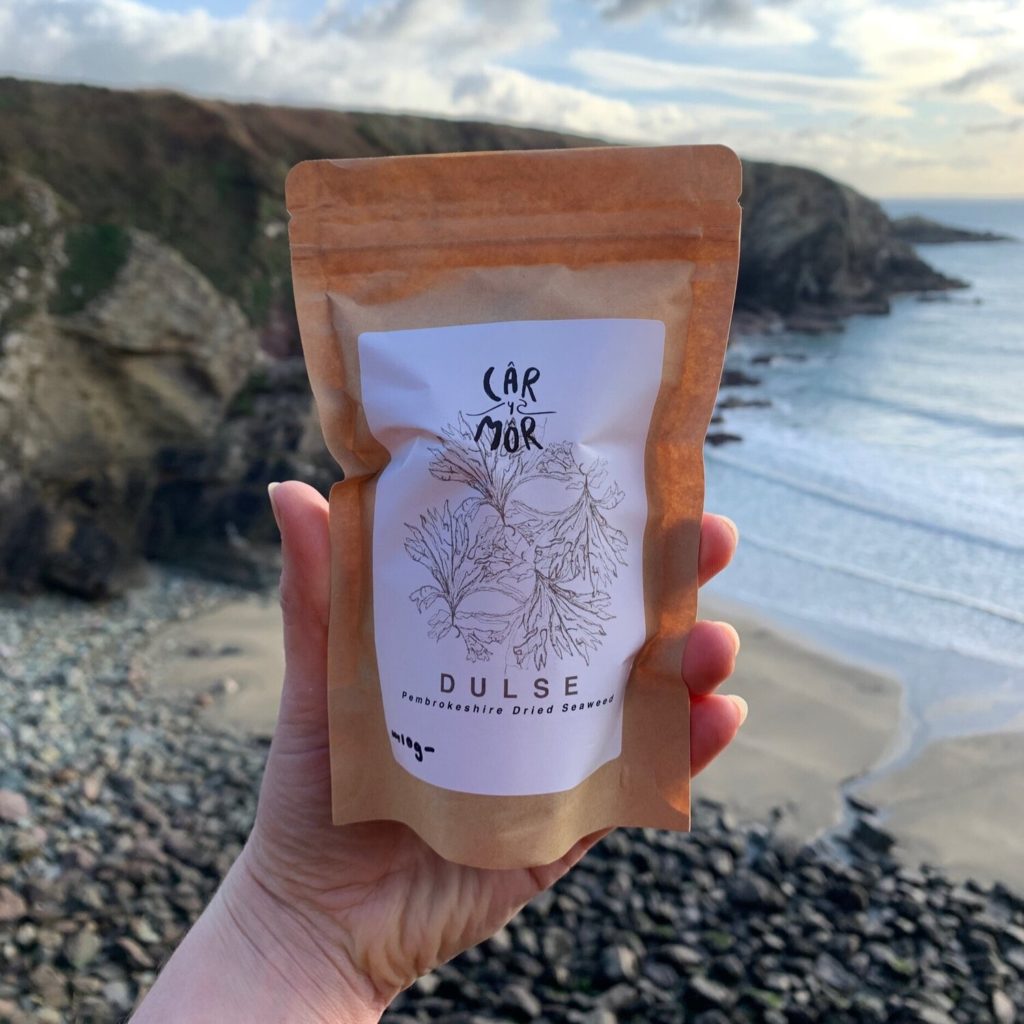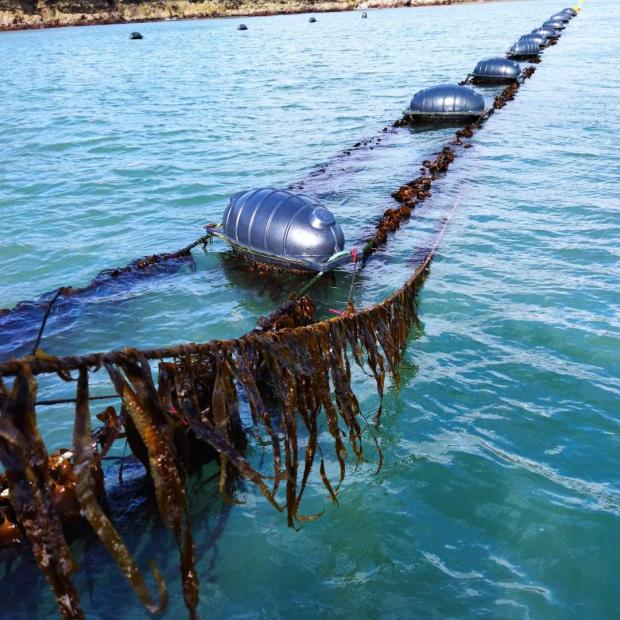Although seaweed farming is a centuries old industry originating in Japan, over the past decade worldwide seaweed production has doubled. Whether as a food source, carbon sink or renewable product, interest in seaweed is growing exponentially. Incredibly intrigued ourselves, we sat down with Dan Lewis, Stakeholder Engagement Manager for Câr-Y-Môr, to find out more.
close
What is Pelorus Foundation?
Our mission is to champion innovation and act as a catalyst, empowering individuals and local communities to preserve and protect the world’s wildlife and wild places for future generations.



